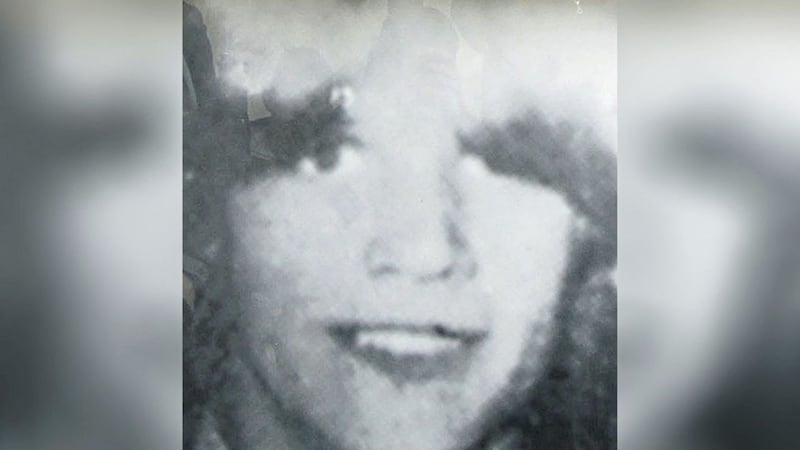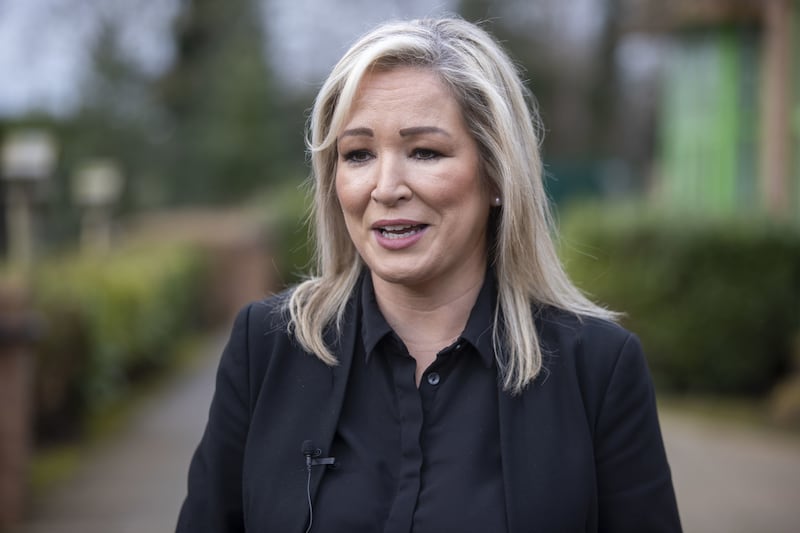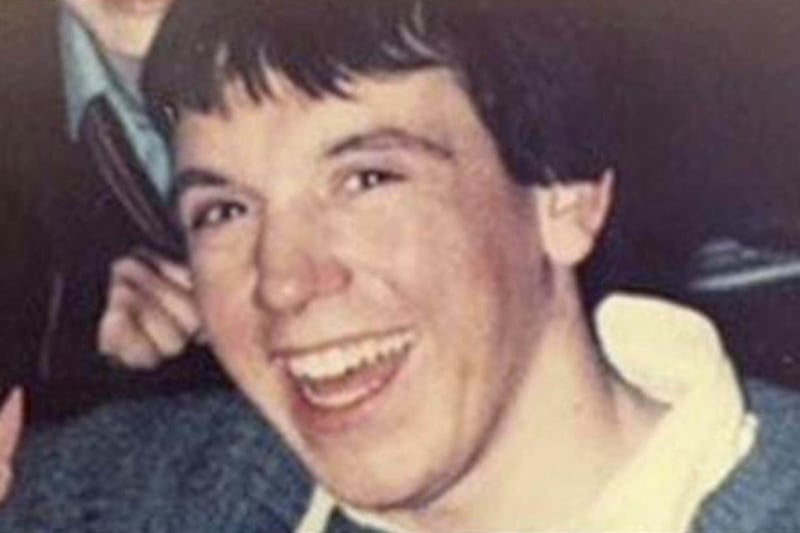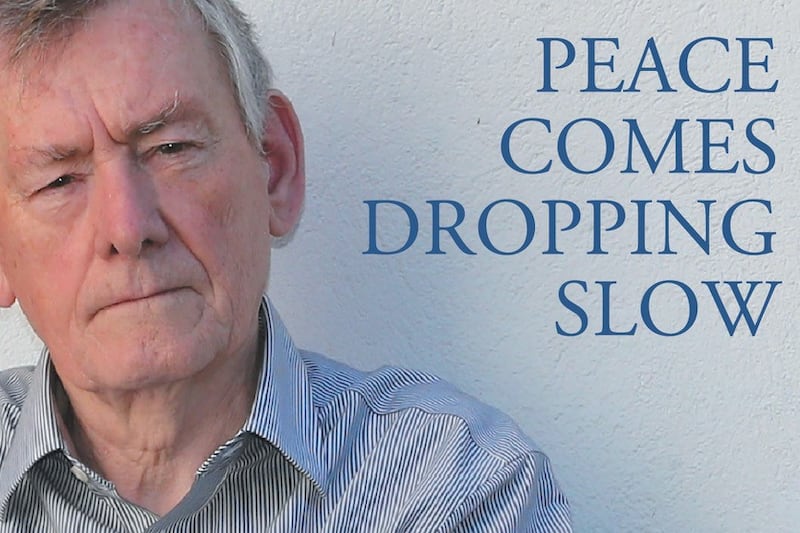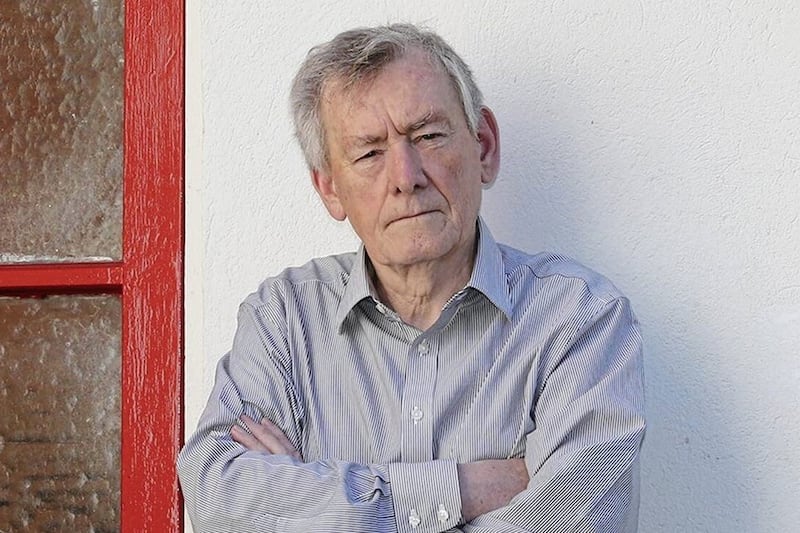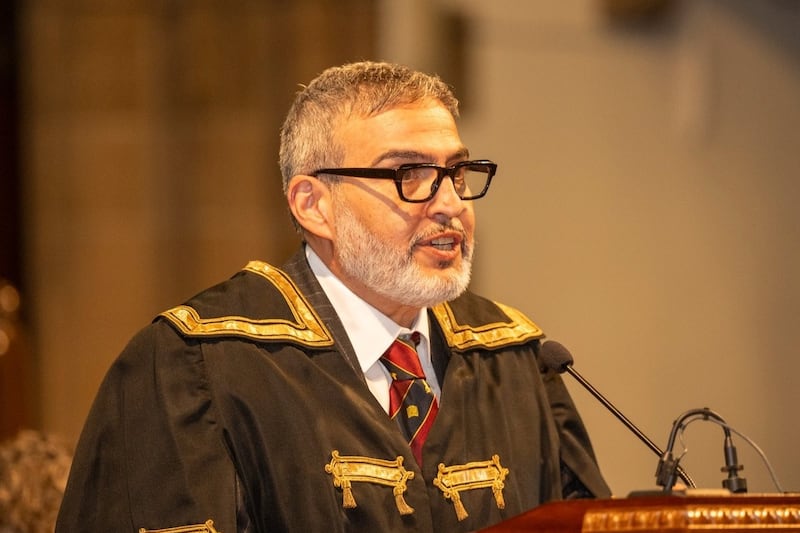The killing of IRA man Seamus Bradley who was shot by a British soldier as he ran across a field in Derry in 1972 was unjustified, a coroner has ruled.
The coroner said he had not been able to confirm the identity of the soldier who fired the shots.
He said Mr Bradley was not posing a threat.
"He was running across an open area of ground, he had no weapon and he was clearly visible," he said.
The coroner added: "The use of force by the solder was entirely disproportionate to any threat that might have been perceived."
The shooting of Seamus Bradley (19) has long been a matter of dispute.
Read More
- Brother of IRA man killed by British army tells inquest he ran across path of soldiers 'to protect me'
- Martin McGuinness gives rare insight into Troubles inquest months before his own death
He was killed by soldiers from the Royal Scots Regiment during Operation Motorman - a British army attempt to gain control of republican areas in Belfast and Derry that had previously been considered no-go zones for the security forces.
The British army claimed the teenager was shot while he was in a tree and suffered additional injuries as he fell.
His family alleged he was killed later, claiming he was taken away in an army Saracen vehicle and alleging he sustained fatal injuries while being subjected to interrogation.
Coroner Judge Patrick Kinney rejected both those versions of events as he ruled at Belfast Coroner's Court.
Seamus Bradley’s brother Danny welcomes verdict. Fresh inquest was ordered in 2013 after the original open verdict in 1973. Mr Bradley claims the IRA threatened him and told him not to push for a new probe. Accused former members of “letting down” his brother by not testifying. pic.twitter.com/aCw95wXVmG
— David Young (@DavidYoungPA) August 15, 2019
He said he was satisfied Mr Bradley was killed by a solider who got out of a Saracen vehicle, dropped to one knee and opened fire.
The coroner criticised the first aid provided to Mr Bradley and said he could have survived his injuries if he had been treated properly.
"I find that if basic first aid had been provided to Seamus Bradley by the soldiers who collected him, and he was transported swiftly to hospital, he may well have survived his injuries," he said.
The coroner said the initial investigation of the shooting was "flawed and inadequate".
Judge Kinney said he would send a report on the case to the Director of Public Prosecutions to consider.
Outside court, Mr Bradley's family welcomed the verdict.
His brother Danny, who has long campaigned for a fresh inquest, said he had faced down a threat from the IRA in Derry to pursue the inquest.
"I am happy with the verdict, very happy with the verdict," he said.
"As the judge said, it's 47 years (later) but it's a lot better than the last (inquest) verdict. I am happy that I went forward, even with threats from the IRA, and got this situation heard today."
Kate Nash, whose brother William was killed by Paratroopers on Bloody Sunday, was among those who attended the hearing.
Mr Bradley's family said it was "brilliant news" that the coroner had ruled that the teenager was unarmed when he was shot.
However, Danny Bradley said he was disappointed that the coroner had rejected the account of events he had given to the court.
Mr Bradley maintained that his brother had been tortured by soldiers and accused the RUC of withholding colour autopsy photos to the original inquest - images he claimed proved ill-treatment.
He said he was going to make a complaint to the Police Ombudsman and raise the case with the Dublin government.
Mr Bradley thanked the key eyewitness - Raymond Carton - for coming forward. Mr Carton responded to a 2017 advert from the Coroners' Service appealing for witnesses to make contact.
Mr Bradley accused the Republican movement of letting down his brother by not co-operating with the inquest.
"I really thank Mr Carton, I thank him from the bottom of my heart that he came forward as a witness," he said.
"I am disappointed in the Provisional IRA. I was threatened by the IRA not to take this case to court in Creggan and they told me the IRA hasn't gone away.
"The IRA should have been for us, I should have had about 30 (IRA) witnesses up there for my brother, and they let him down. He didn't let them down."
Former IRA commander turned Stormont deputy first minister, the late Martin McGuinness, provided a statement to the inquest before his death.
Outside court, Mr Bradley claimed the statement was inadequate.
